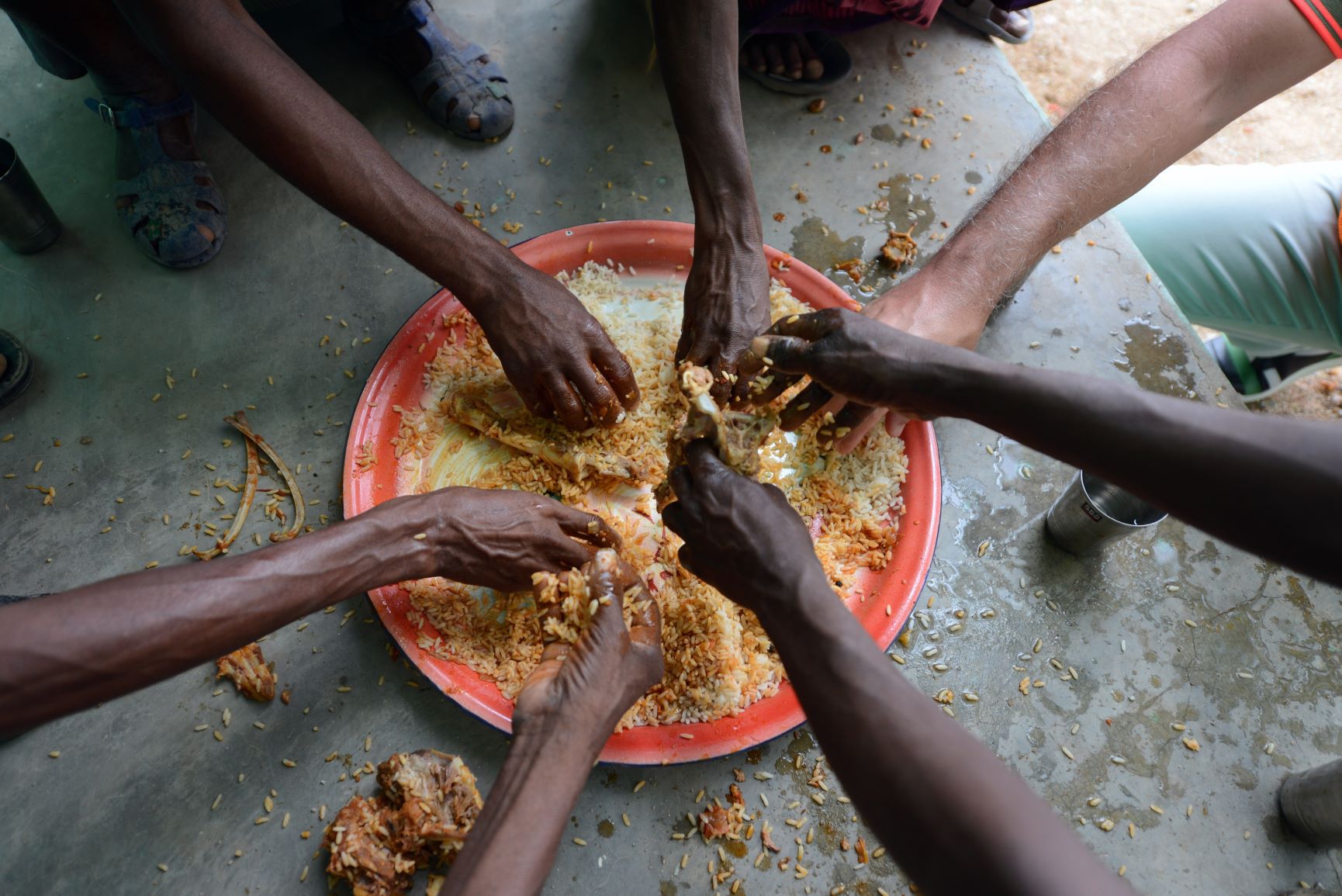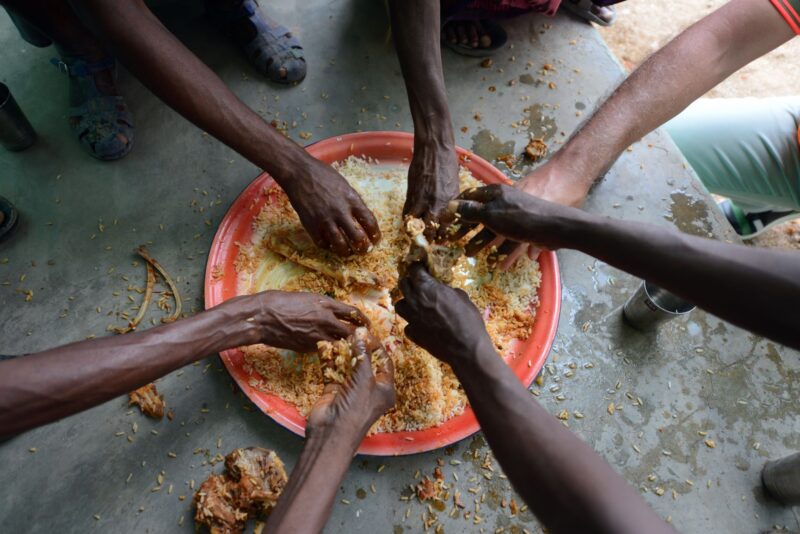
Many Nigerians are familiar with 001 (one meal a day); this isn’t just Davido’s title; it represents the reality of eating patterns in this tough economy. For us, food is no longer just about taste; it’s a daily battle of budgeting and survival.
According to data from the National Bureau of Statistics (NBS), food inflation in Nigeria hit 39.84% in December 2024, meaning the prices of basic staples like rice, beans, and meat were nearly 40% higher than the previous year.
Data from the Nigerian Bureau of Statistics (NBS) shows food is expensive
Food alone is 57% of the average household spend in Nigeria; I quote the NBS
The inflation rate in Nigeria was 33%, driven by higher food prices, again quoting NBS
Food was 51% of CPI, but it has now… pic.twitter.com/xaTdakiGOR— Kalu Aja (@FinPlanKaluAja1) March 16, 2025
In a country where 57% of household income goes to food, surviving on the minimum wage of ₦70,000 is a tight stretch. For many households, animal proteins like meat and fish are now rare treats, and people are finding cheaper ways to substitute them.
ALSO READ: 5 Everyday items that have become luxury goods in Nigeria
Protein Has Become a Luxury
Social media has become the new town square for venting about hunger. Across X (formerly Twitter), young Nigerians are sharing how unaffordable food has become.
Even buka food don cost! There was a time ₦1,000 at the local joint could finish you before you finished it. Now, ₦1,000 buys you rice, maybe stew, and one miserable ponmo. The “trench meal” that used to save broke students and hustlers has joined the inflation queue.
RELATED: Hardship: Eat cheaper proteins like insects, frogs if you can’t afford chicken – Experts
Even farmers are warning that things will only get worse.
Common Substitutions Nigerians Are Making:
Once upon a time, meat and fish were the centre of gravity in Nigerian meals. Now, they’re rationed, swapped, or skipped entirely. To cope, Nigerians are reinventing their menus with cheaper substitutes.
-
Instead of chicken or beef → eggs or beans
-
Instead of Titus or catfish → panla (smoked fish)
-
Instead of suya or shawarma → homemade concoction rice with crayfish
-
Instead of cornflakes or cereal → garri or pap
-
Instead of meat → ponmo or egg
-
Instead of fresh salad → coleslaw or vegetable soup
Protein-rich foods like eggs and beans have become survival staples. Even cooking oil, rice, and vegetables are bought in smaller quantities. Cooking at home has replaced eating out, and food waste is almost non-existent.
The Survival Lifestyle
The economic squeeze goes far beyond food. The same cost-cutting spills into everyday living, like:
-
Thrift over brand-new: second-hand clothes (“okrika”) have become the go-to fashion choice.
-
Trekking over transport: more people jump buses or walk instead of using Bolt or Uber.
-
Low maintenance hairstyles: braids are carried for two months or more, cornrows, and low cuts are making a comeback.
-
Treats are rare: suya, shawarma, and date nights now require planning and budgeting weeks ahead.
YOU MIGHT LIKE: 5 Nigerian soups that can heal your body naturally
Why Food Is So Expensive
The reasons behind these high prices are complex, but the summary is:
-
Removal of fuel subsidies
-
Falling value of the naira
-
High transportation costs
-
Insecurity disrupting farming
-
Poor harvests due to climate change
Even though the government has allowed more food imports, the reality remains unchanged, and food is still painfully expensive for the average Nigerian. The World Economic Forum estimates that Nigerians spend over half their income on food, one of the highest rates in the world.
People aren’t eating less because they want to; they’re eating less because they have to. For many Nigerians, the question isn’t what’s for dinner, but if there will be dinner.
RECENT: Age Can’t Stop Them – 10 oldest Nigerian Pastors still active in ministry








